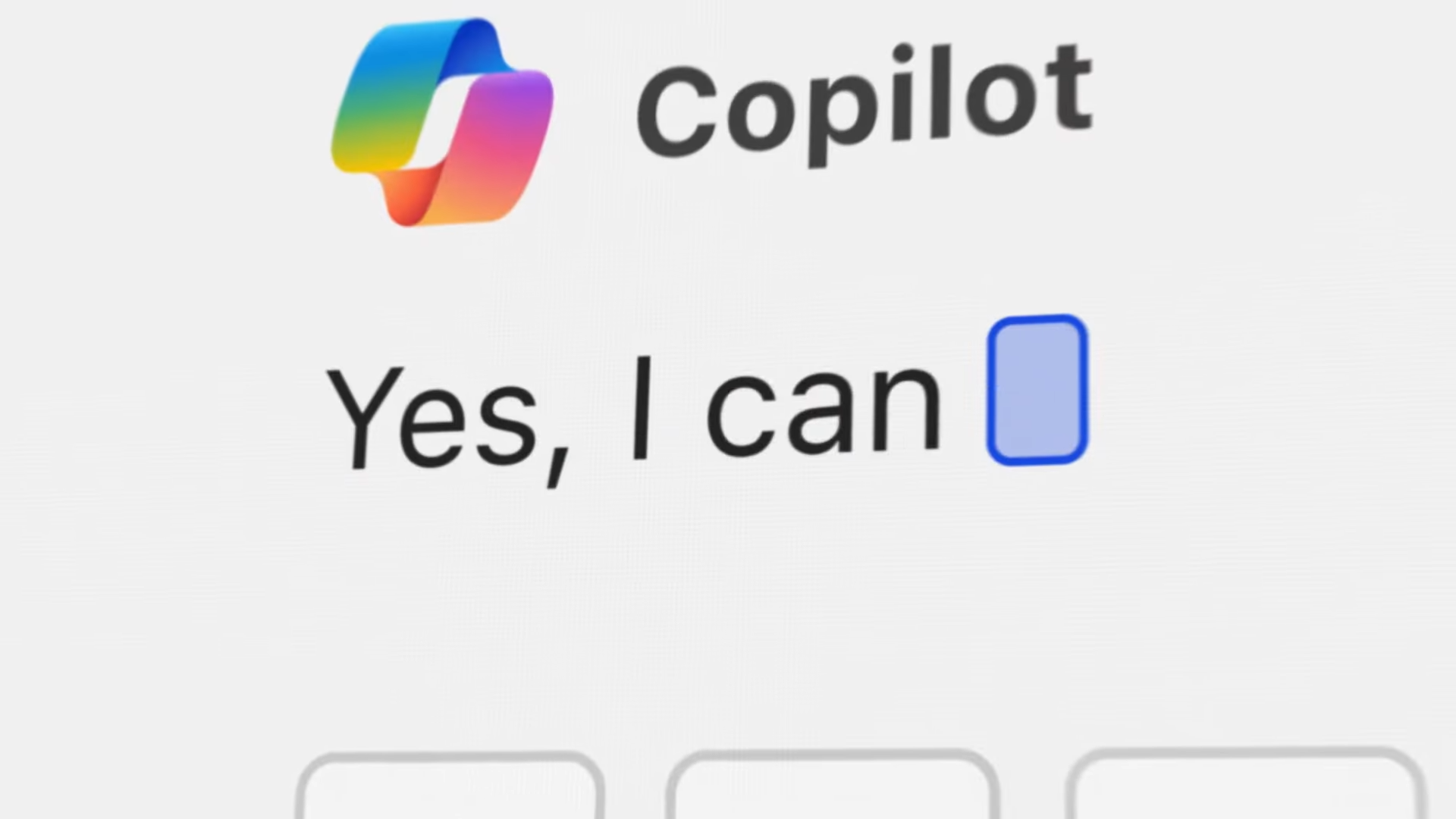German journalist Martin Bernklau typed his name and location into Microsoft’s Copilot to see how his culture blog articles would be picked up by the chatbot, according to German public broadcaster SWR.
The answers shocked Bernklau. Copilot falsely claimed Bernklau had been charged with and convicted of child abuse and exploiting dependents. It also claimed that he had been involved in a dramatic escape from a psychiatric hospital and had exploited grieving women as an unethical mortician.
…
Bernklau believes the false claims may stem from his decades of court reporting in Tübingen on abuse, violence, and fraud cases. The AI seems to have combined this online information and mistakenly cast the journalist as a perpetrator.
Microsoft attempted to remove the false entries but only succeeded temporarily. They reappeared after a few days, SWR reports. The company’s terms of service disclaim liability for generated responses.
…



You hope that will be the legal standard? I fear it.
Why? What possible downside is there in holding companies accountable for what they produce?
It’s not going to stop spammers and foreign disinformation campaigns. Making companies responsible for what their AI can generate without giving them the option to provide it as a no-liability no-guarantees tool is just going to make them clamp down harder on censoring and lobotomizing their models to make sure they’re incapable of making false claims even if it renders them semi-useless. I do think they should need to make it abundantly clear that their language models can and will lie and make stuff up.
Existing law already covers that. Libel/slander only applies in cases that it appears you’re making a statement of fact. I can for instance say Trump gargles Putin’s balls once a month and as long as it’s clear from the context that this isn’t intended to be a statement of fact then it doesn’t qualify as defamation. Companies should be liable for what their AI outputs in the exact same way they’re liable for what their employees produce. If they want to not be held liable then they need to make sure their customers are properly informed that what they’re viewing might be complete bullshit. This means prominent notifications not a single line buried in paragraph 84 of their EULA.
The Copilot app says, “Copilot uses AI. Check for mistakes.” I think they could be more clear, but they didn’t bury it in an EULA.
quite frankly because I have hardly ever seen governments regulating technology having good results; we should mostly be allowed to experiment with technology without governments telling us how to do it, this is how we make human progress
The guy who wrote https://www.eff.org/cyberspace-independence didn’t know about large language models yet but his thoughts apply to them too tbh.
In the common law system (which Germany is not) this is already actionable by defamation torts. It’s no different from you installing faulty wiring and burning your neighbor’s house down. If you cause damages, you pay for them. Something being digital isn’t a magic externality that makes you not responsible.